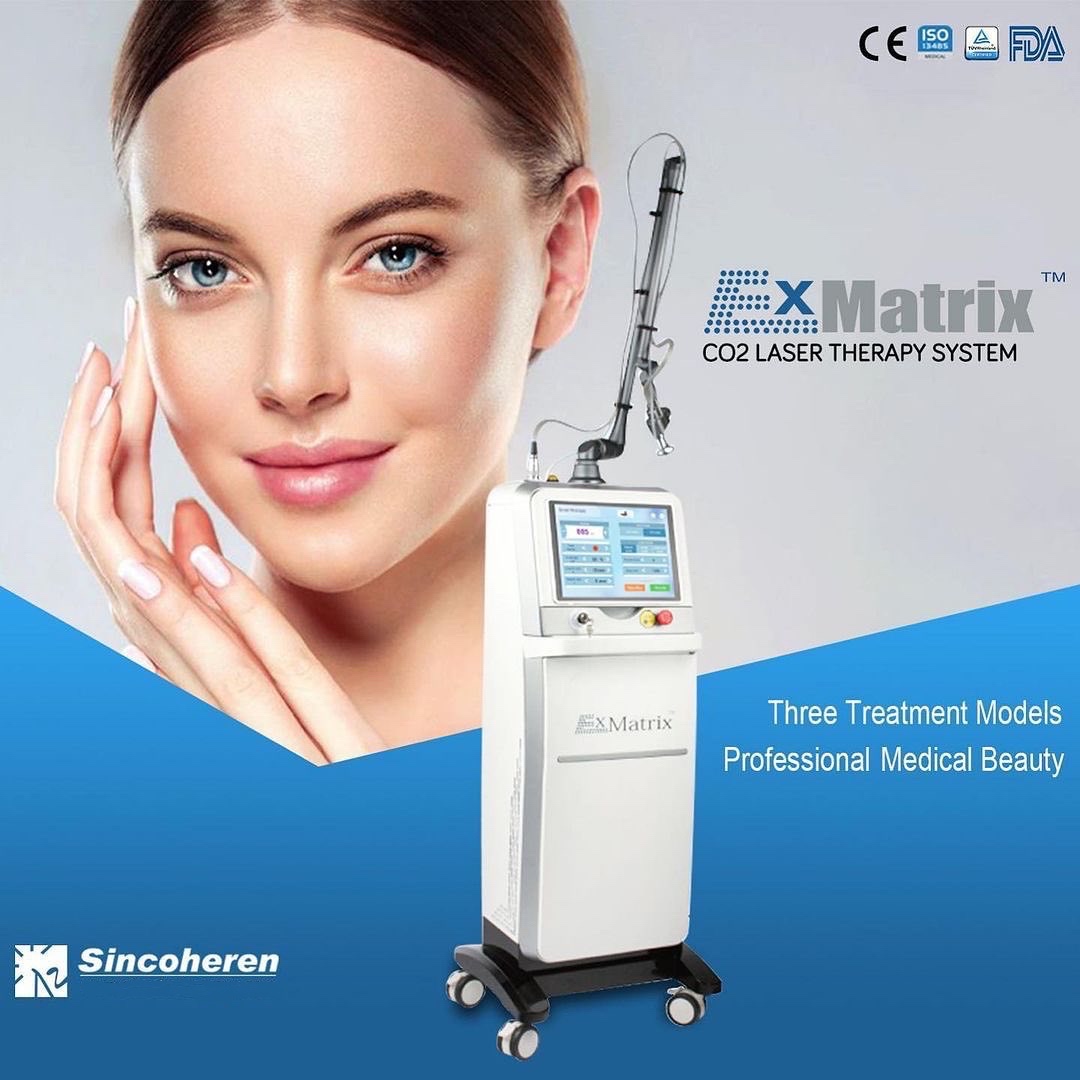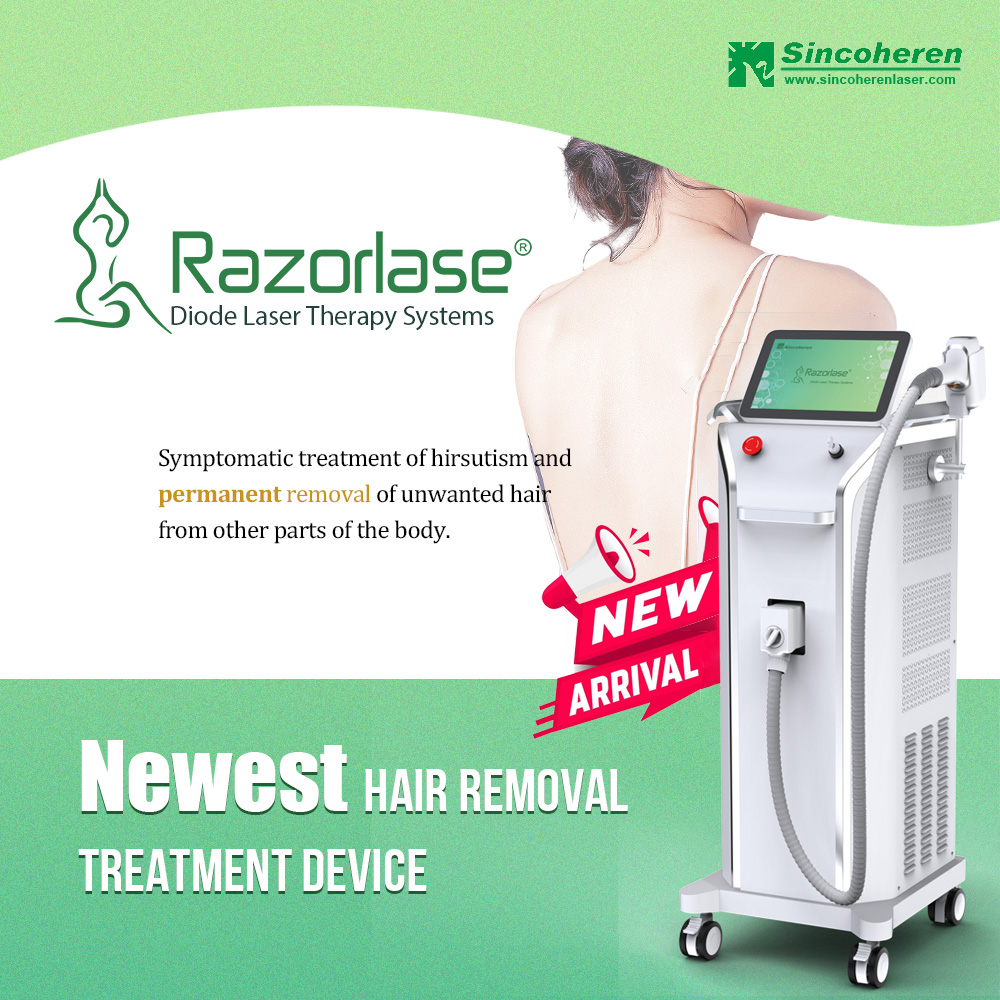How to Get Rid of Pigmentation on Your Face
Contrary to what many people think, freckles, melasma and dark spots do not usually resolve on their own. In fact, in about 90% of cases, treatment is required to permanently remove facial hyperpigmentation. If you are tired of this uneven skin tone and are desperately searching for a way to permanently and effectively remove hyperpigmentation, check out this content.
Causes of hyperpigmentation
The main component that causes skin color is a pigment called melanin. It is produced by special skin cells whose function can be disturbed by genetics, hormonal imbalances and sun exposure. As a result, pigmentation begins to accumulate in patches in different areas of the face, resulting in what we call dark spots. This can be further exacerbated by excessive sun exposure, especially if proper protective measures are not taken.
Types of pigmentation
To clarify - what we know as hyperpigmentation is actually hyperpigmentation, which may be pronounced a bit longer.
There are different types.
Age spots
Freckles (freckles)
Sun spots
Post-inflammatory hyperpigmentation
Melasma
Post-acne skin hyperpigmentation
Hori Moles
Treatments
How can I permanently remove hyperpigmentation from my face - what are my options? Let's take a look at the laser treatments that permanently remove hyperpigmentation.
Intense Pulse Light (IPL)
Another way to treat hyperpigmentation is to perform IPL, which uses broad-spectrum light from a handheld flash lamp to target melanin. The process involves multiple wavelengths. The light gets directly into the superficial and dermal layers of the skin, where it breaks down melanin particles.
Before the procedure begins, your doctor will clean your skin and apply a cool gel to prepare it. You must wear protective eyewear. A session usually lasts 20-30 minutes and you may feel as if a rubber band is being "stuck" to your face during the treatment, but it is usually tolerable.
Pigmentation Laser
If nothing else is available, you can try this option - medical laser therapy. This is a wonderful treatment for scars and acne, and is also suitable for hyperpigmentation. There are different brands and techniques, but the idea is the same - short pulses of high laser energy reach different layers of the skin and break up hyperpigmented particles.
Despite persistent myths, hyperpigmentation lasers will not thin your skin. It is important to understand that there are different types of devices, and that no two laser treatments are the same. They do not work by peeling, so you do not have to worry about it thinning or never recovering.
The results of laser treatments can usually be observed after a period of time - ideally at the end of downtime (if any). The intensity of the laser may increase with each subsequent session, depending on your condition.
Mini Nd YAG Laser
Will it come back after stopping treatment?
Even after successful treatment, hyperpigmentation can sometimes recur. However, this is not related to the completion of the treatment. Continued exposure to the sun and hormones can cause hyperpigmentation to come back, but you can prevent this from happening.
Make sure you use sunscreen and take sun protection measures to get long term sustainable results. In addition, failure to follow sun protection and post-treatment instructions will definitely affect the outcome of hyperpigmentation.
Treatment can only clear your hyperpigmentation. It is up to you to take diligent care of yourself to prevent reoccurrence.
Do the right thing; first remove your hyperpigmentation and then prevent recurrence by taking care of your skin.
In Summary
There are many different ways to remove facial hyperpigmentation, and it can be difficult to choose from the many options available. A good old consultation with an experienced doctor will provide a clearer picture of the problem. He or she will assess your condition and point out what will work for you. The final decision is up to you.
To make this choice, you need to consider your desired outcome for your treatment and how far you are willing to go. Please contact us to give you the right doctor's advice.




































